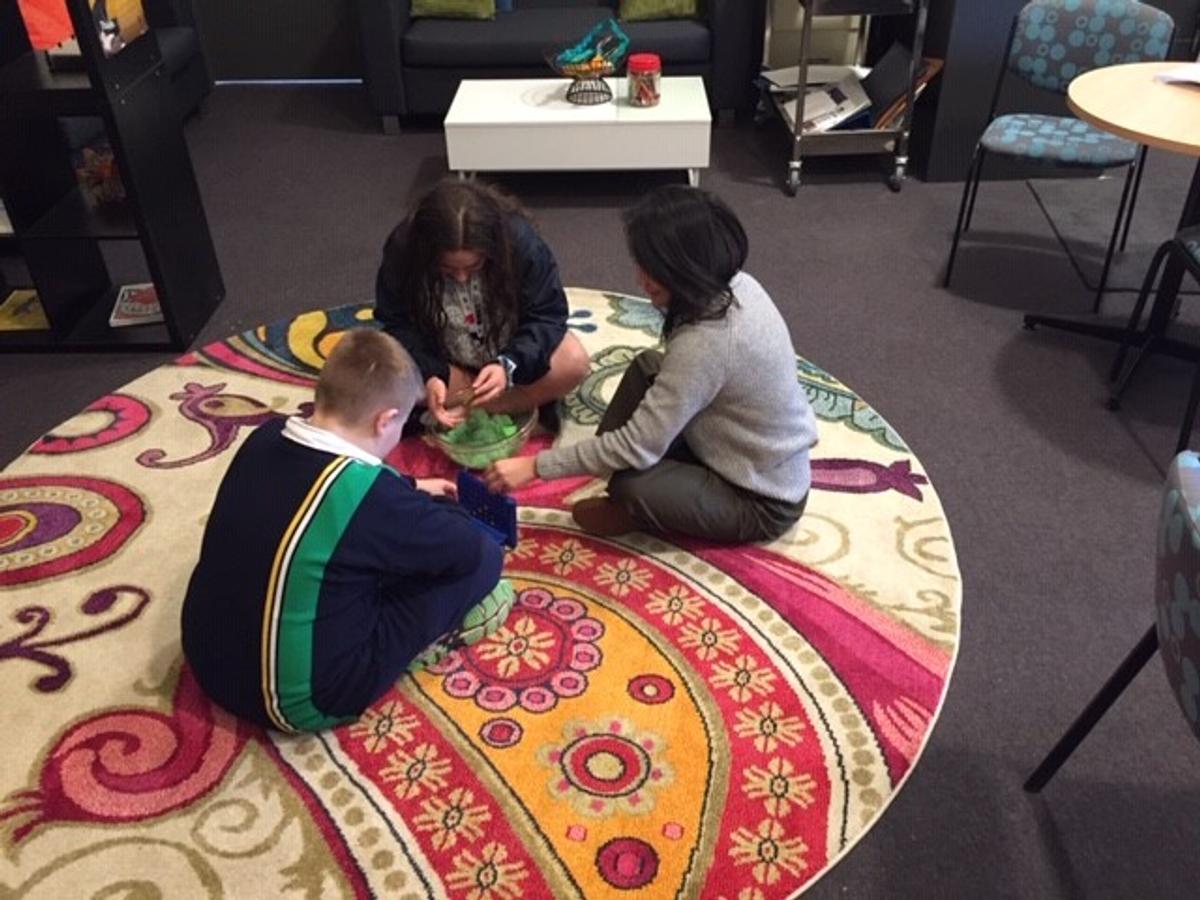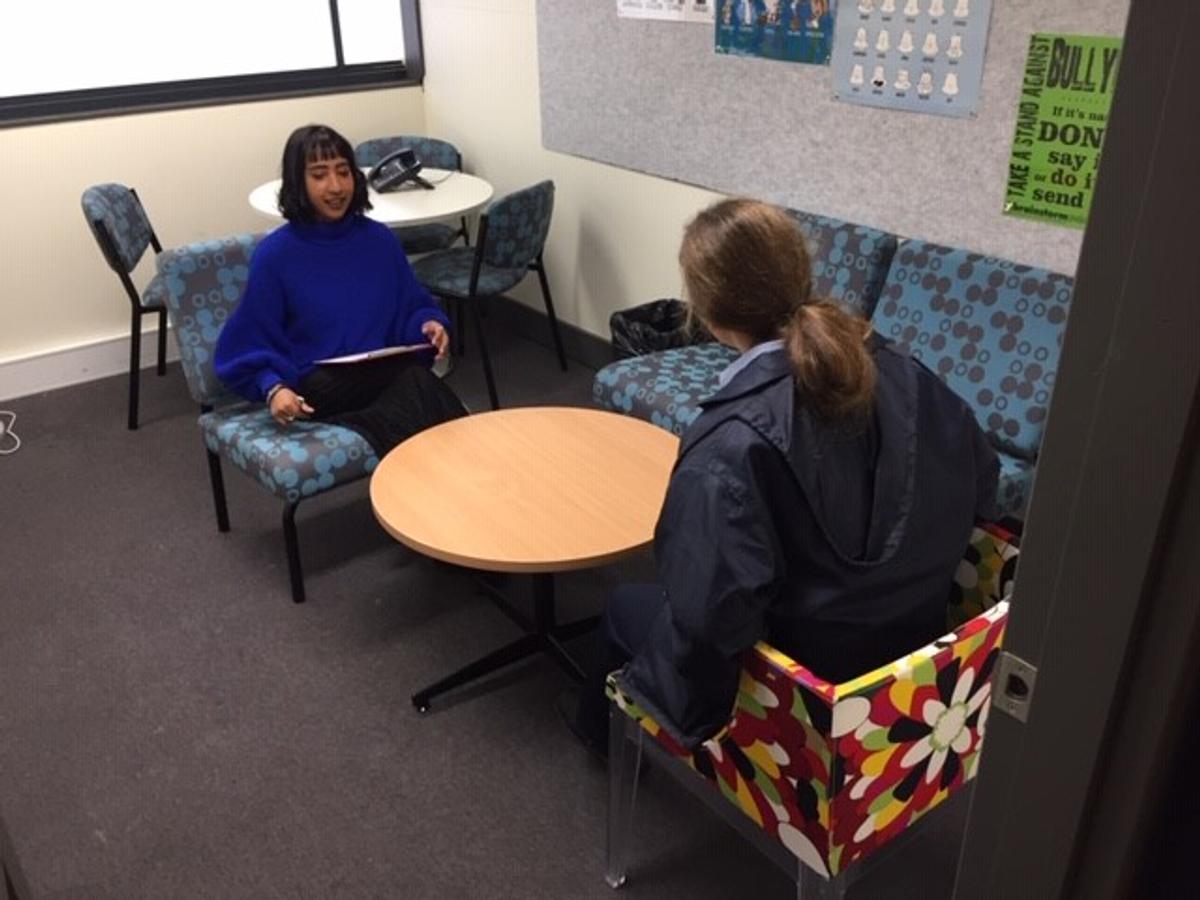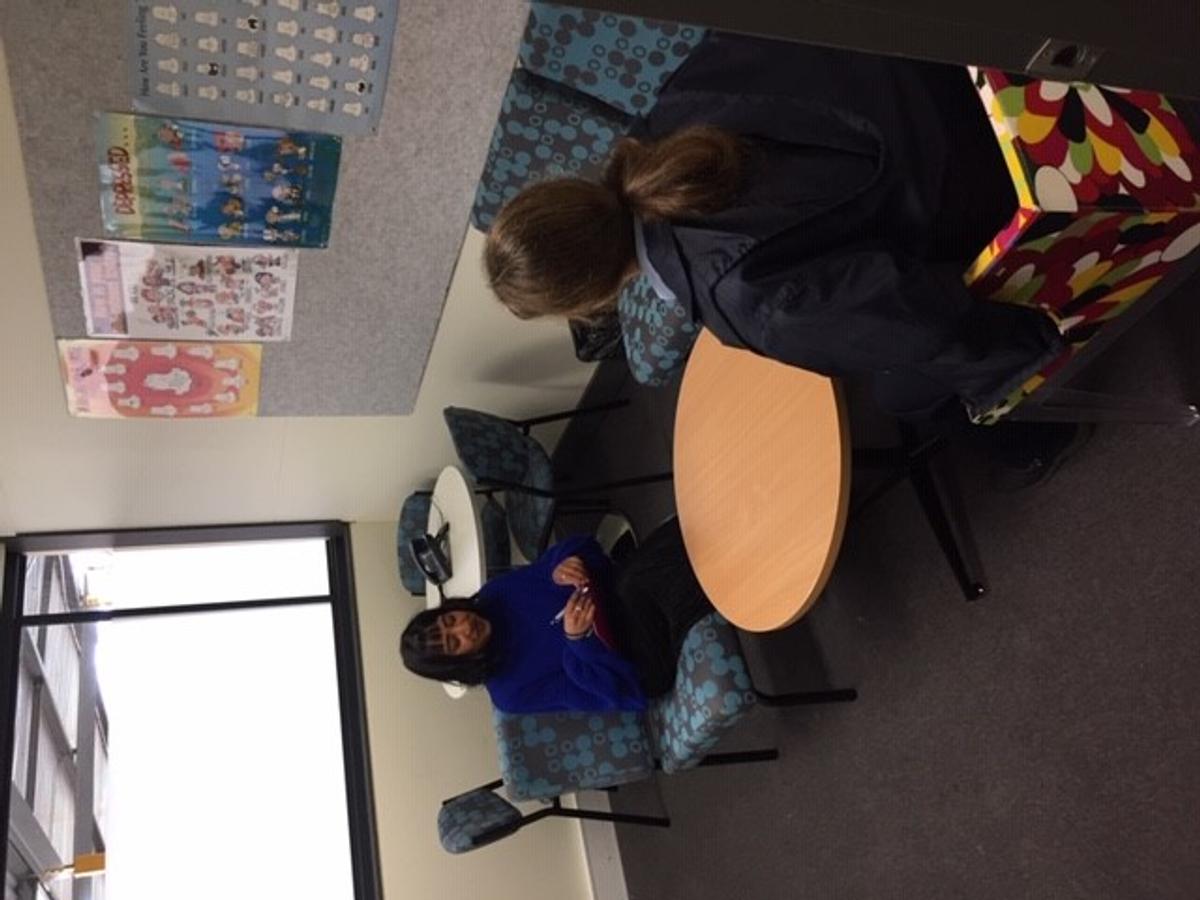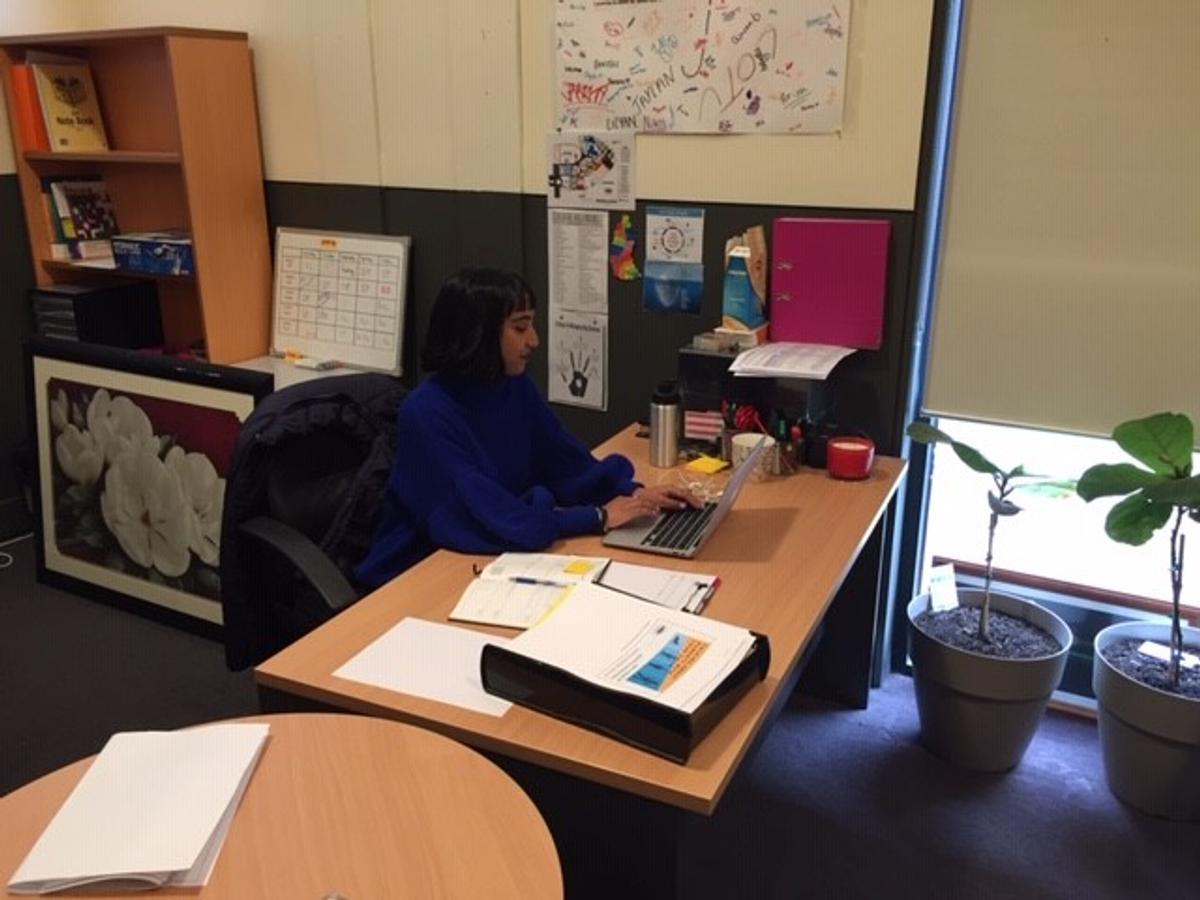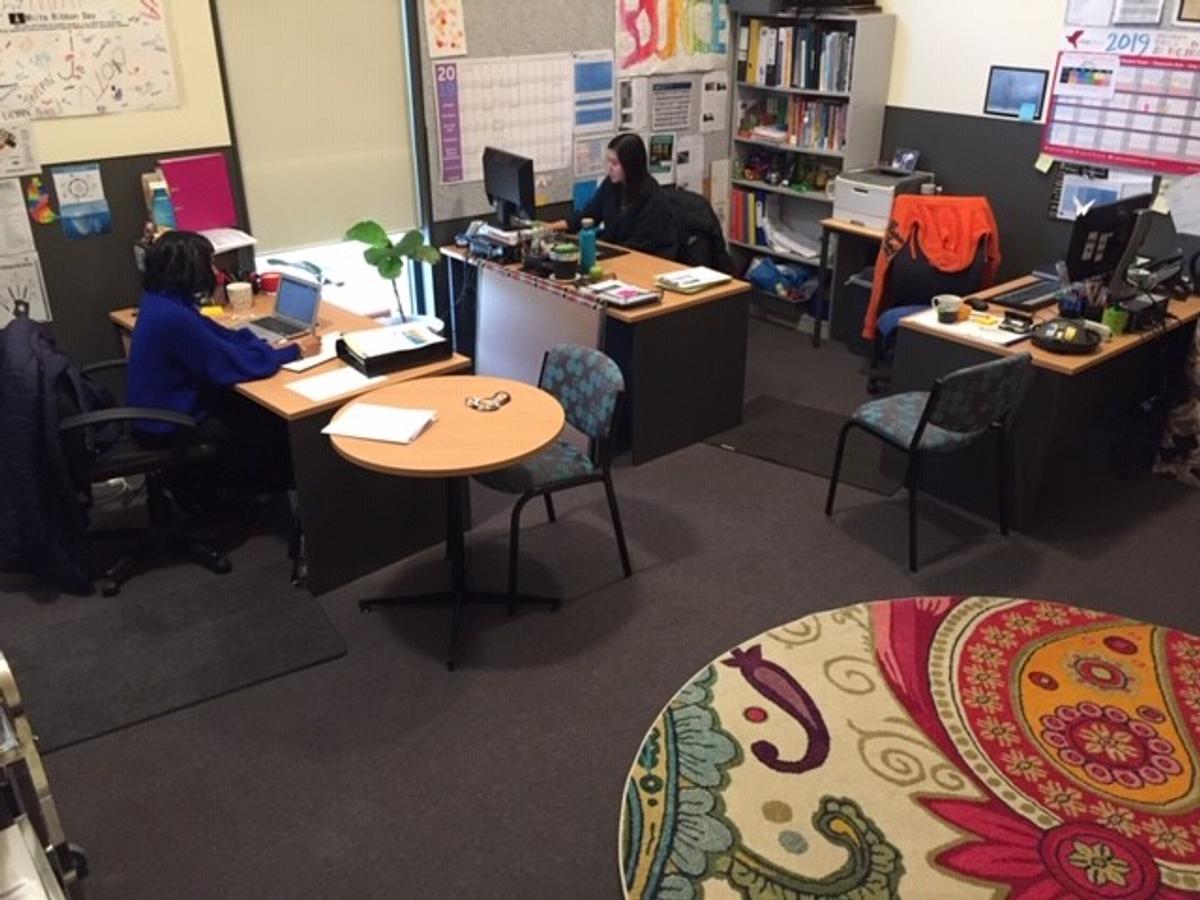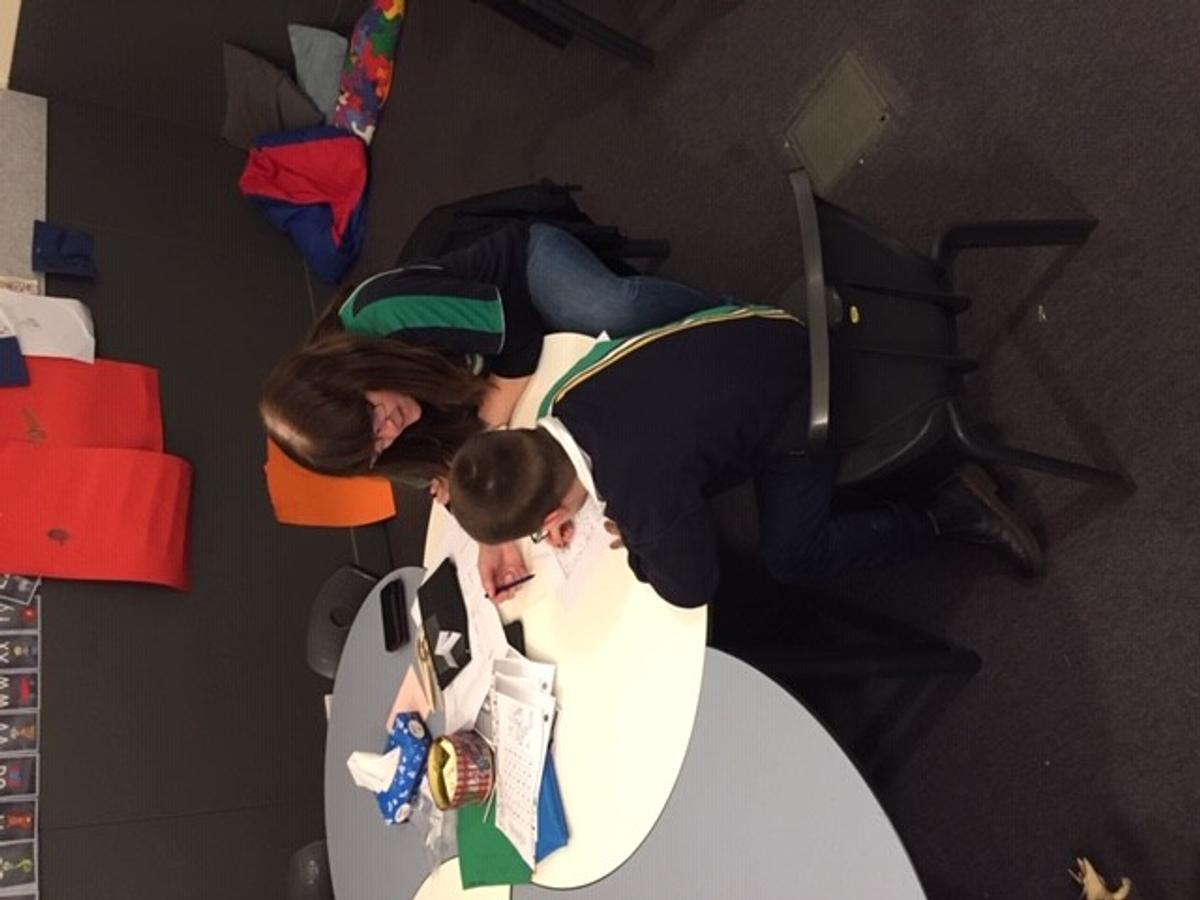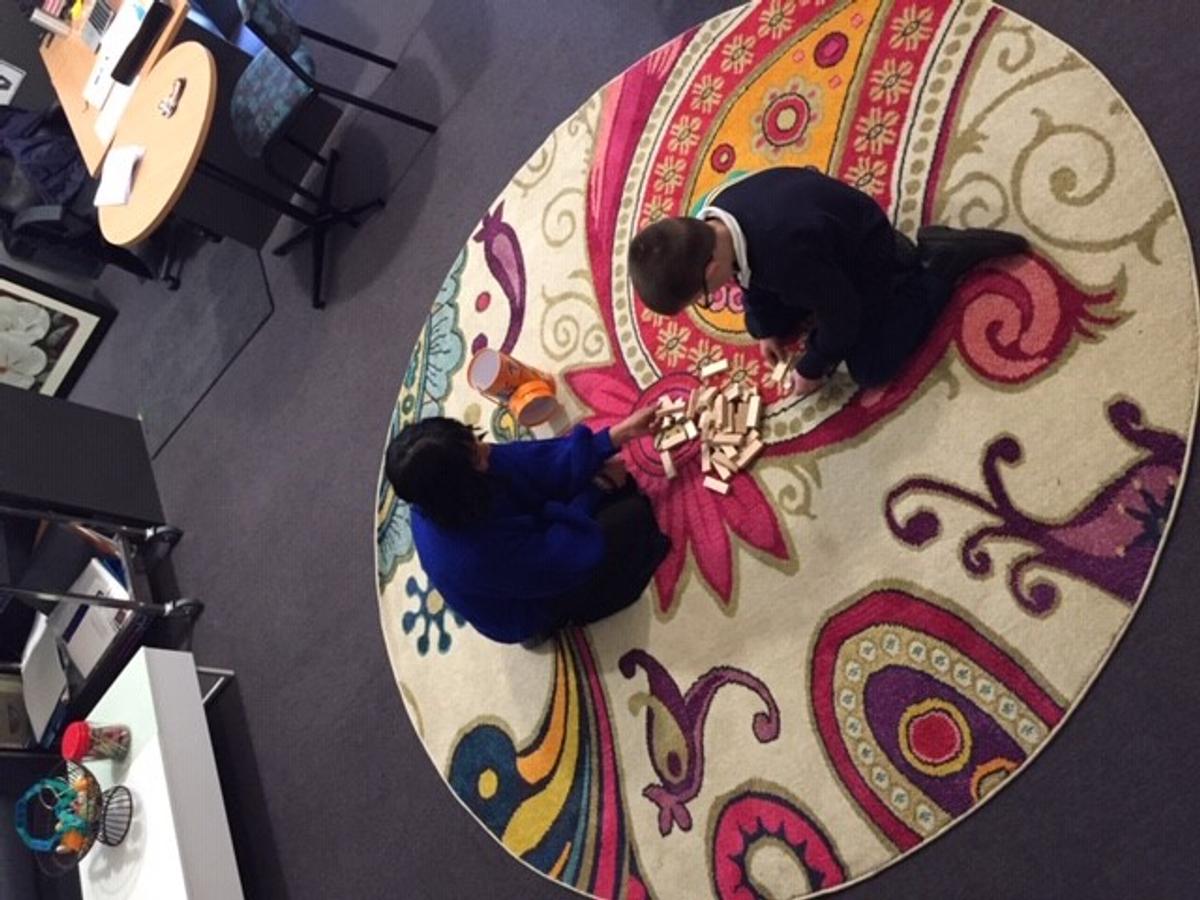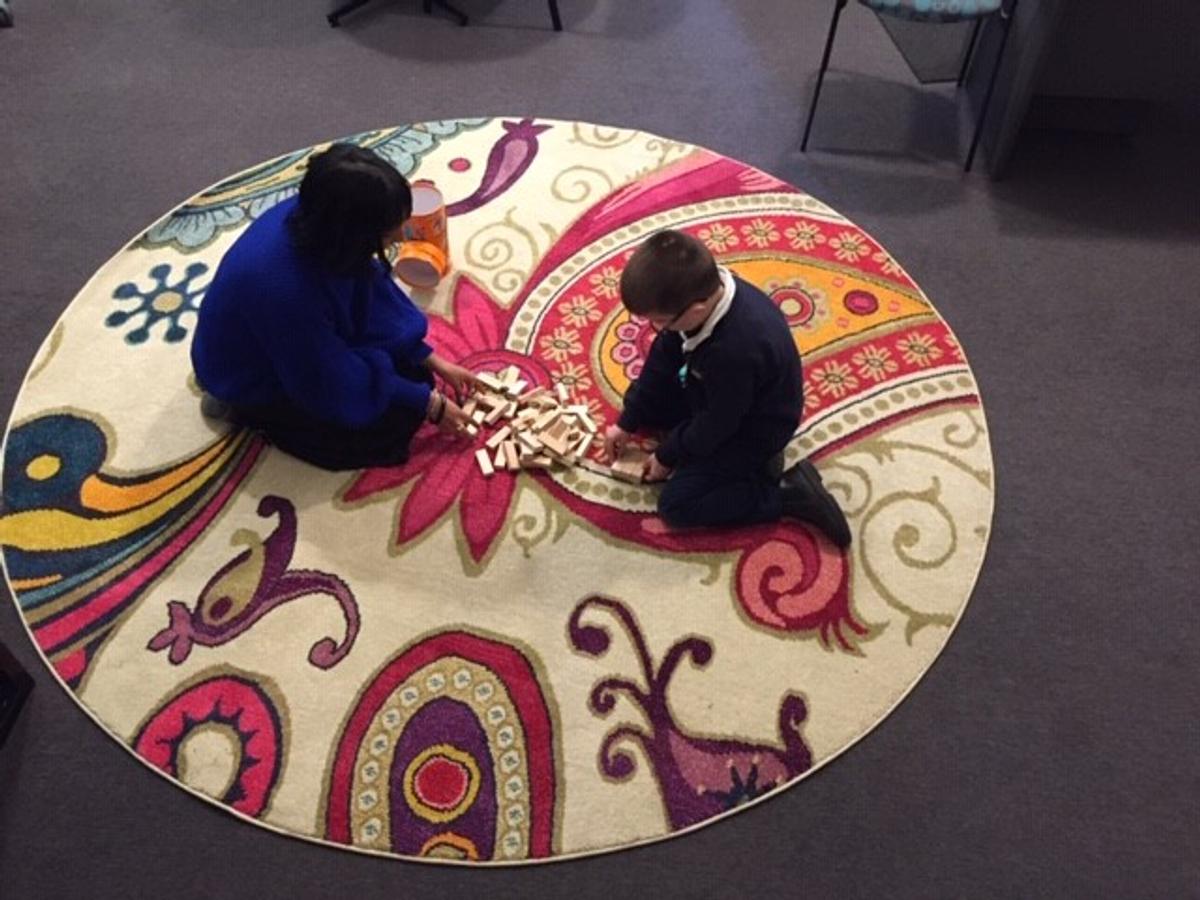Student Wellbeing

Student Wellbeing News
Feeling safe and supported is the right of everyone in the school community. Brookside student wellbeing HUB helps to create healthy learning communities by promote student wellbeing and the development of respectful relationships and meeting the needs of all our students. The HUB is underpinned by catering to diversity which highlights the importance of educators, parents and students working together.
The HUB provides the tools and knowledge that will enable all members of the Brookside school community to promote our school values:
- promote the social and emotional development and wellbeing of students
- nurture student responsibility and resilience
- build a positive school culture by respecting individual rights
- foster respectful relationships
- respond to key contemporary issues and topics that impact on student wellbeing
Together we can make a difference, starting now!
Brookside Wellbeing Team
Four Great Tips for Parenting Boys
The website below has the rest of the tips but there will be more in the next newsletter and some girl-specific tips as well.
The website below has the rest of the tips but there will be more in
the next newsletter and some girl-specific tips as well.
The website below has the rest of the tips but there will be more in the next newsletter and some girl-specific tips as well.
https://www.understandingboys.com.au/21-boy-friendly-parenting-tips-and-strategies/
Talk to boys wile they are doing
One way to get boys talking is to get them moving. Go for a walk together, wash the dishes together or do some other job and you will find their tongues loosen up. The pressure to speak is removed by activity. More than this, males are activity-based. Just as activity and play is the language of fatherhood, activity is the mode to get many boys to open up and talk.
Ask “what?” not “why?”
If a boy misbehaves, don’t ask him “why?” He usually won’t be able to tell you. Instead, get him to revisit the moment of poor behaviour and get some window into his thinking or motivation at the time. “What were you thinking about when you did…?” “What was going on to make you want to do that?” “What will you do differently next time?” These type of questions help ensure that boys learn from their experiences so they behave differently the next time they are in a similar situation.
Join the dots
Boys, more than girls, are likely to learn many of their lessons from experience rather than being told. However, some boys can’t see the woods from the trees. One boy I know couldn’t see how his fast mouth (he was quick with a one-liner) was putting him offside with his teachers. It was obvious to everyone but the boy in question. He needed an adult to draw a line between his behaviour (smart mouth) and its outcome (teachers feeling disrespected). Be very calm and rational rather judgemental so your son takes your message on board.
Create a space for processing
A bad day at school may be followed by an angry outburst on arrival home, particularly if he is asked that time-honoured question: “How was your day?”
“&^$%%%!!” may well be the response as he slams his bedroom door behind him. He has just entered his ‘cave’ where he will take his time to settle his thoughts and generally go within to draw on his internal resources. Resist the temptation to knock on his door and lovingly say, “Darling, is everything alright? Would you like to talk about it?” You are only inviting some more rejection. The best solution is to wait until he comes out of his cave before you talk. Generally, he will come out when he is ready and has made some sense of what has happened to him. This is the time to talk.
Tips and Strategies for Parenting Girls Part 1
Taken from: https://www.parentingideas.com.au/blog/21-girl-friendly-parenting-tips-and-strategies/
From biological differences, such as brain development and hormones, to societal differences such as gender stereotypes and expectations, raising girls presents different challenges, and equally as many different rewards. Parents who do best raising girls respond to the specific needs of their gender, rather than use a one size fits all approach.
1. Develop positive self-talk
Our girls can be experts at talking themselves down. It takes practice to change the patterns of negative self-talk. Mothers, in particular, need to be aware of their self-talk when your daughters are around. Teach her about the language of affirmation and be kind to yourself when your daughters are around.
2. Teach them to think beyond themselves
Some of the most confident girls and young women we know at Parenting Ideas are those who invest time in others, whether that be volunteering, raising funds for those in need, or helping siblings when they need a hand. Not only do girls take more learning risks when they assist others, they develop a range of high-level traits such as tolerance, patience and acceptance. Encouraging them to think well beyond themselves and their own circle of friends is important when parenting girls.
3. Foster journaling
Journaling is a great way for a girl to express their thoughts and feelings in a safe way, helping her navigate the changing landscape of her life. Some girls journal on social media, but lack of privacy of the digital world leaves many girls exposed.
4. Encourage girls to use I-statements
Girls can struggle to stand up for themselves, particularly girls who are brought up to be ‘good girls.’ Learning to use I-statements empowers girls to take responsibility for communicating how they feel. I-statements are strong statements which help your daughter express her feelings appropriately.
The script for I-statements is:
“When you… (went to the movies with those girls) I feel/felt …(angry) because… (I was left out of the group) . I would like…(you to let me know next time, rather than keep it a secret).
A great online pamphlet about parenting girls:
https://www.apa.org/pubs/info/brochures/staying-connected.pdf
More tips in the next newsletter!
By Josie Mitchell, Secondary School Nurse

